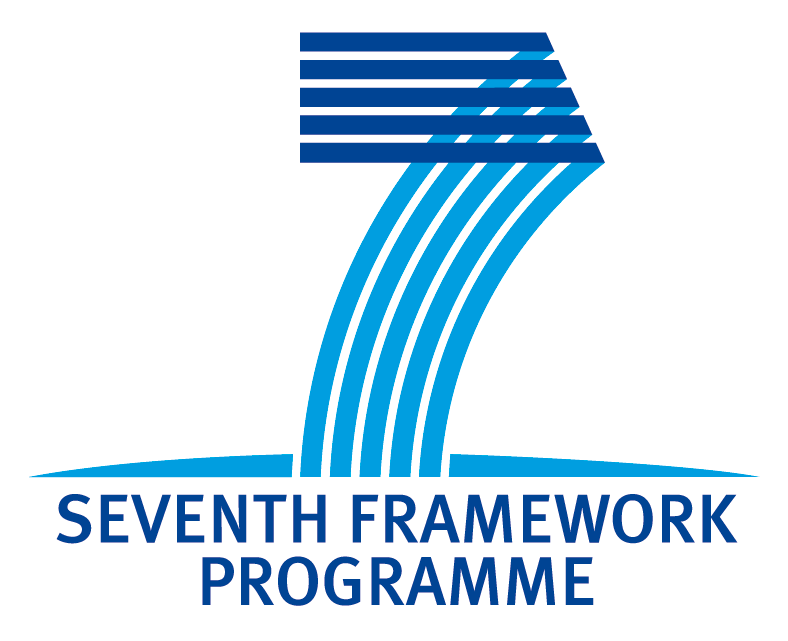 |
Philip Beales UCL – University College London, London, UK
|
Institute description
University College London (UCL) is one of the UK’s premier research universities. The Institute of Child Health, part of UCL, is the academic partner of the world-renowned Great Ormond Street Hospital for Children. The Institute is focused on children’s health and has a staff of 472 individuals. In addition 110 PhD students and 22 MD/MS students are in training. The Institute is rated top with a maximum 5*A score in the UK. Research at ICH is divided into themes including the world-leading Gene Therapy Centre and “Genes, Development & Disease†(rare diseases and developmental biology) unit. ICH has a large animal centre and facilities for cell biology, functional genomics, proteomics, a microarray core, and a microscopy and ES cell injection centre.
Group leader
Philip Beales is Professor of Medical and Molecular Genetics at the Institute of Child Health (UCL) and a Wellcome Trust Senior Fellow. He has had an interest in Bardet-Biedl syndrome (BBS) and allied disorders for 12 years beginning with a thorough clinical ascertainment of the condition, formulation of diagnostic criteria and early linkage analysis confirming the high degree of heterogeneity.
His group focuses on the genetics and function of the Bardet-Biedl syndrome, it was the first to propose and prove that BBS is caused by perturbation of primary cilia and was a co-discoverer of the novel pattern of oligogenic inheritance termed “triallelismâ€. Dr Beales’ group has developed multiorganism models of BBS; these include Bbs4 and Bbs6 knockout mice – for which they have determined the phenotypic similarities with humans. Moreover, mouse mutants were noted to have anosmia and deafness, phenotypes not previously recognized in patients with BBS, but later shown to be present in humans.
Dr Beales continues to study other ciliopathies he has predicted and has recently discovered the first gene for the often lethal Jeune Asphyxiating Thoracic Dystrophy. This is caused by mutations in an IFT gene, the first of its kind in humans.
The ICH group has experience of gene identification, cell biology, yeast interaction studies, functional genomics, proteomics and animal trangenics. They have developed zebrafish models for several BBS genes and have recently shown preliminary rescue of pronephric cysts by a range of drug treatments including rapamycin and roscvitine. Using zebrafish they have preliminary data showing BBS proteins partially regulate Sonic hedgehog transduction (unpublished). All of these techniques will be utilized in delivering the requisite milestones set out and will lead on WP5 and 6 but with substantial contributions to other workpackages especially phenotypic analyses and planar cell polarity.
Role in the project
Workpackage Leader for WP5 and WP6. His laboratory is also involved in WP1, WP2, WP3 and WP4.
Key personnel
| Name | Title | Gender | Role/Expertise |
| Philip Beales | Group leader | M | WPL for WP5 and WP6 |
| Jonathan Tobin | Investigator | M | Expertise and training in zebrafish biology |
| to be appointed | Senior Post-doc Fellow | Daily implementation (WP1, WP5, WP6); supervisor other postholders | |
| to be appointed | Junior Post-doc Fellow | Responsible for mouse husbandry and colony expansion, drug administration, phenotype and histopathological analysis | |
| to be appointed | Research Assistant | Animal handling skills: acquire training in zebrafish injections, embryology and phenotype analysis; cell culture and molecular techniques |
Key publications
Badano JL, Leitch CC, Ansley SJ, May-Simera H, Lawson S, Lewis RA, Beales PL, Dietz HC, Fisher S, Katsanis N (2006). Dissection of epistasis in oligogenic BBS. Nature 439: 326-330.
Ross AJ, May-Simera H, Eichers ER, Kai M, Hill J, Jagger DJ, Leitch CC, Chapple JP, Munro PM, Fisher S, Tan PL, Phillips HM, Leroux MR, Henderson DJ, Murdoch JN, Copp AJ, Eliot MM, Lupski JR, Kemp DT, Dollfus H, Tada M, Katsanis N, Forge A, Beales PL (2005). Disruption of Bardet-Biedl syndrome ciliary proteins perturbs planar cell polarity in vertebrates. Nat Genet 37: 1135-1140.
Kim JC, Badano JL, Sibold S, Esmail MA, Hill J, Hoskins BE, Leitch CC, Venner K, Ansley S, Ross AJ, Leroux MR, Katsanis N, Beales PL (2004). The familial obesity protein BBS4 targets cargo to the pericentriolar region and is required for microtubule anchoring and cell cycle progression. Nat Genet 36: 462-470.
Li JB, Gerdes JM, Haycraft CJ, Fan Y, Teslovich TM, May-Simera H, Li H, Blacque O, Li L, Leitch CC, Lewis RA, Green JS, Parfrey PS, Leroux MR, Davidson WS, Beales PL, Guay-Woodford LM, Yoder BK, Stormo GD, Katsanis N, Dutcher SK (2004). Comparative genomic identification of conserved flagellar and basal body proteins that includes a novel gene for Bardet-Biedl syndrome. Cell 117: 541-552.
Ansley SJ, Badano JL, Blacque OE, Hill J, Hoskins BE, Kim JC, Ross AJ, Lewis RA, Mah AK, Johnsen RC, Cavender JC, Leroux MR , Beales PL, Katsanis N (2003). Basal body dysfunction is a likely cause of pleiotropic Bardet Biedl syndrome. Nature 425: 628-633.

